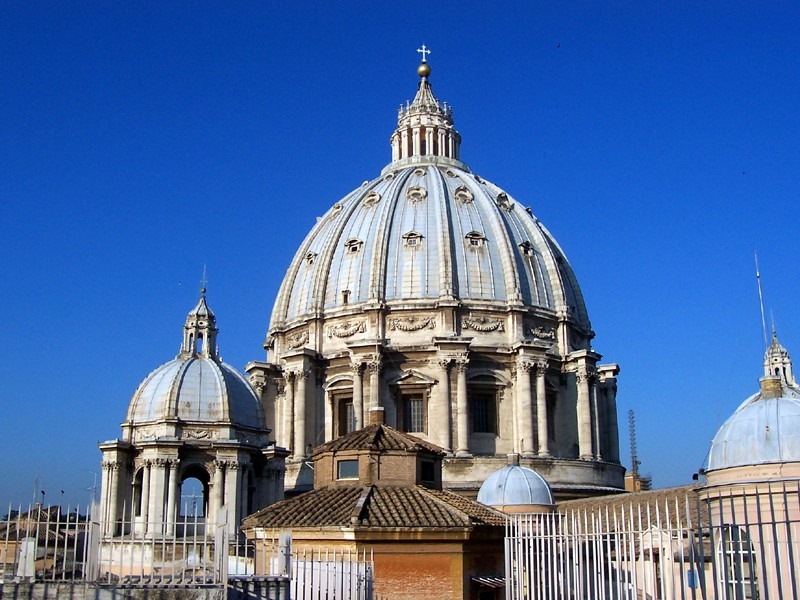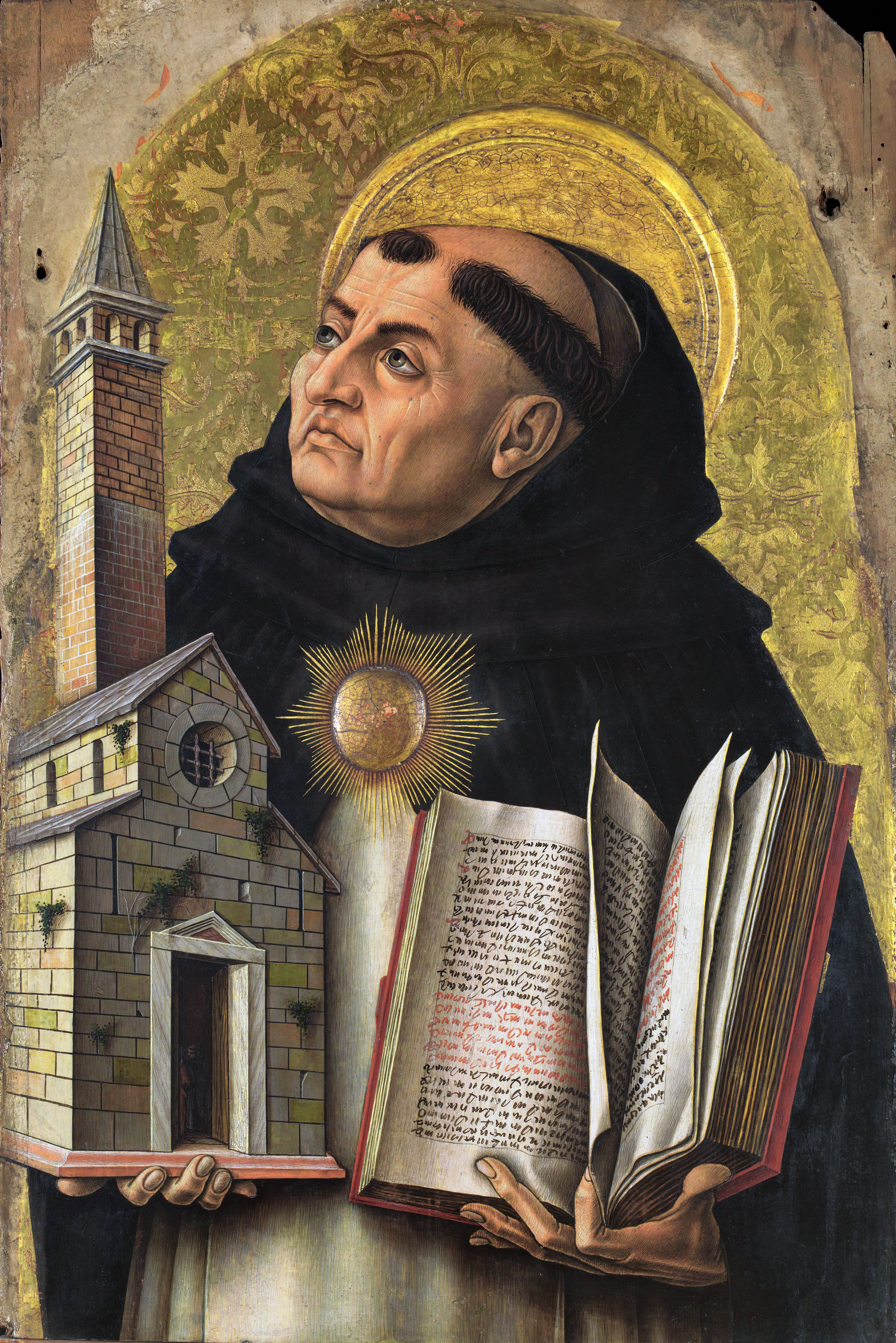Christian sociology Catholic Church
Enlarge text Shrink text- Land, P.S. Catholic social teaching, c1994:galley (Catholic social teaching or CST)
Catholic social teaching (CST) is an area of Catholic doctrine which is concerned with human dignity and the common good in society. It addresses oppression, the role of the state, subsidiarity, social organization, social justice, and wealth distribution. CST's foundations are considered to have been laid by Pope Leo XIII's 1891 encyclical, Rerum novarum, which advocated distributism. Its roots can be traced to Catholic theologians such as Thomas Aquinas and Augustine of Hippo. CST is also derived from the Bible and cultures of the ancient Near East. According to Pope John Paul II, the foundation of social justice "rests on the threefold cornerstones of human dignity, solidarity and subsidiarity". According to Pope Benedict XVI, its purpose "is simply to help purify reason and to contribute, here and now, to the acknowledgment and attainment of what is just ... [The church] has to play her part through rational argument and she has to reawaken the spiritual energy without which justice ... cannot prevail and prosper." Pope Francis, according to Cardinal Walter Kasper, has made mercy "the key word of his pontificate ... (while) Scholastic theology has neglected this topic and turned it into a mere subordinate theme of justice.": 31–32 Catholic social teaching is critical of modern social and political ideologies of the left and of the right, such as liberalism, atheistic forms of socialism and communism, anarchism, atheism, fascism, capitalism, and Nazism, which have been condemned by several popes since the late nineteenth century. It has tried to strike a balance between respect for human liberty (including the right to private property and subsidiarity) and concern for society, including the weakest and poorest. It is explicitly anti-capitalist, with John Paul II stressing the incompatibility of Catholic doctrine with capitalism: Catholic social doctrine is not a surrogate for capitalism. In fact, although decisively condemning "socialism", the church, since Leo XIII's Rerum Novarum, has always distanced itself from capitalistic ideology, holding it responsible for grave social injustices. In Quadragesimo Anno Pius XI, for his part, used clear and strong words to stigmatize the international imperialism of money.
Read more on Wikipedia >
 Topic
Topic




